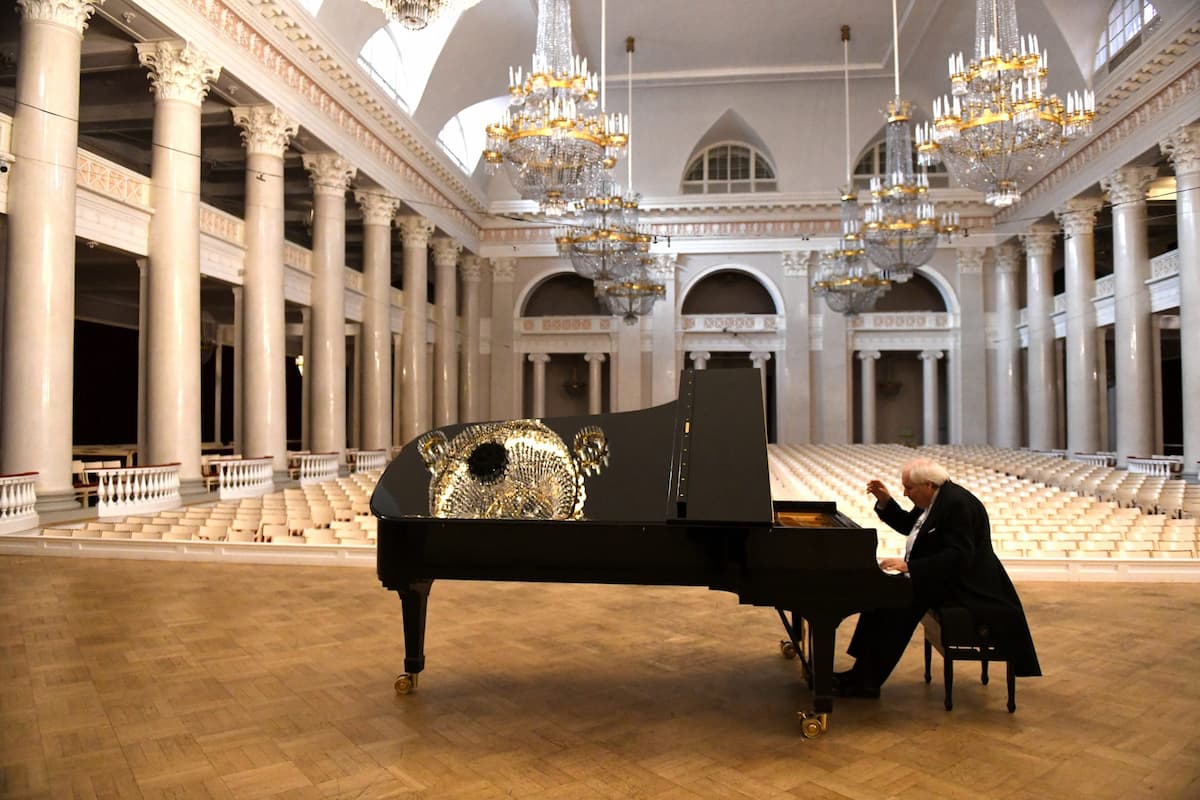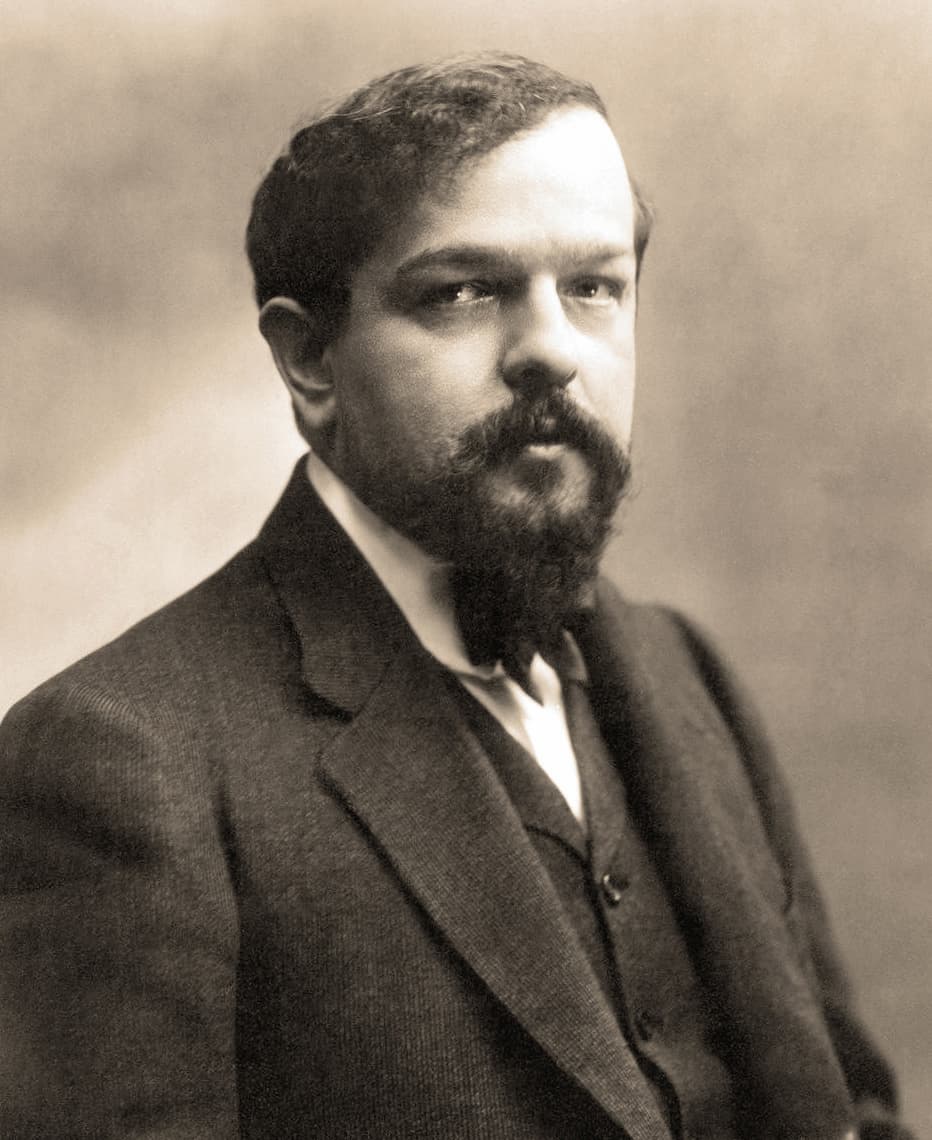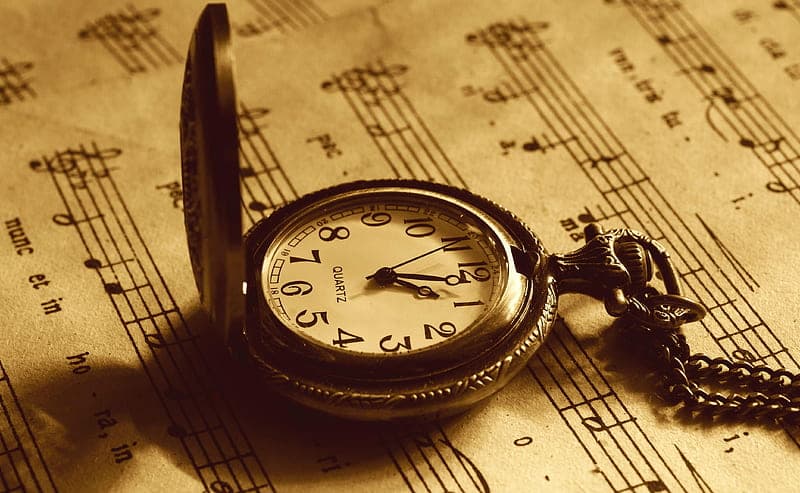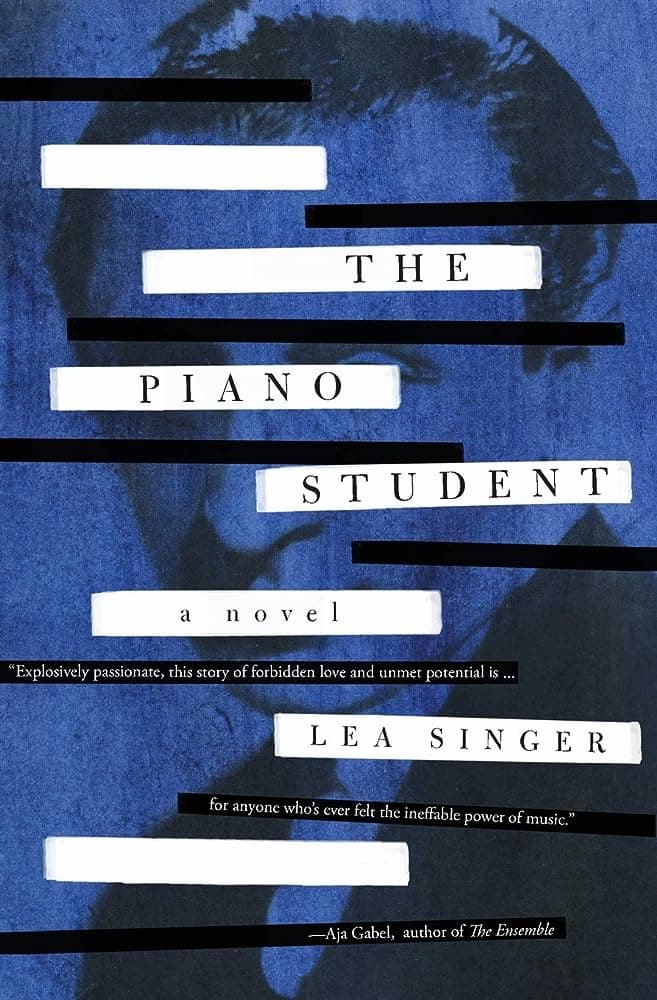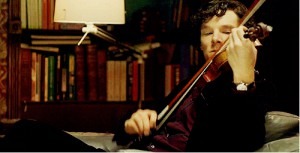
Credit: http://fanaru.com/
Violin: Pro | Violin: Con |
Sharp violins proclaim | A squeak’s heard in the orchestra |
Their jealous pangs, and desperation | The leader draws across |
Fury, frantic indignation | The intestines of the agile cat |
Depth of pain, and height of passion | The tail of the noble hoss |
(John Dryden, “A Song for St. Cecilia’s Day,” 1687) | (G.T. Lanigan, “The Amateur Orlando,” 1875) |
Dryden focuses on effect while Lanigan focuses on how that effect is made, brought about by one of those unfortunate sounds that sometimes emanate from the most distinguished of instruments.
Schop: ‘t Uitnement Kabinet: Lachrimae (Trio Sonnerie; Stephen Stubbs, guitar, theorbo; Andrew Lawrence-King, harp)
When a philosopher and a poet take the same side, it may be for very different reasons
Flute: Con
The flute is not an instrument with a good moral effect. It is too exciting.
(Aristotle, Politics, 322 BC)
Flute: Con
The music of the flute is enervating to the mind.
(Ovid, Remedia Amoris, 10 BC)
Exciting and energizing or draining to the mind – how do you consider the sound of the flute? Here’s a movement that takes you to both extremes.
Telemann: Flute Sonata in G Minor: III. Andante – Allegro – Andante – Allegro – Andante (Michael Schmidt-Casdorff, baroque flute; Münchner Cammer-Music)
Clarinet: Pro | Clarinet: Con |
Ah, if we only had some clarinets, too! You cannot imagine the effect of a symphony with flutes, oboes, and clarinets! | Clarionet, n.: An instrument of torture operated by a person with cotton in his ears. |
Mozart, letter to his father, 3 December 1778 | Ambrose Bierce, The Devil’s Dictionary, 1911 |
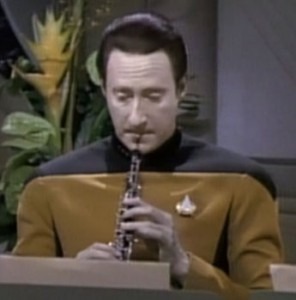
Credit: http://vignette2.wikia.nocookie.net/
Mozart: Symphony No. 39 in E-Flat Major, K. 543, III. Menuetto (New York Philharmonic; Leonard Bernstein, cond.)
Oboe: Pro | Oboe: Con |
A boxen hautboy, loud and sweet of sound, | What’s wrong with oboes? Define a lady |
(Ambrose Philips, “Pastorals,” 1709) | Two jokes |
Most things written against the oboe have to do with the very difficult problem of tuning. Philips solves this by only referring to the sound and giving the instrument to the victor, while the two jokes don’t even want the sound to escape!
Those of us who are instrumentalists have love/hate relationships with our instruments, depending on how the practicing is going, how difficult the piece, and trying so hard to get our fingers to do what our brains and intellect want. Pity, then, the poor singer, who can never put down his instrument and walk away. It follows him everywhere…

